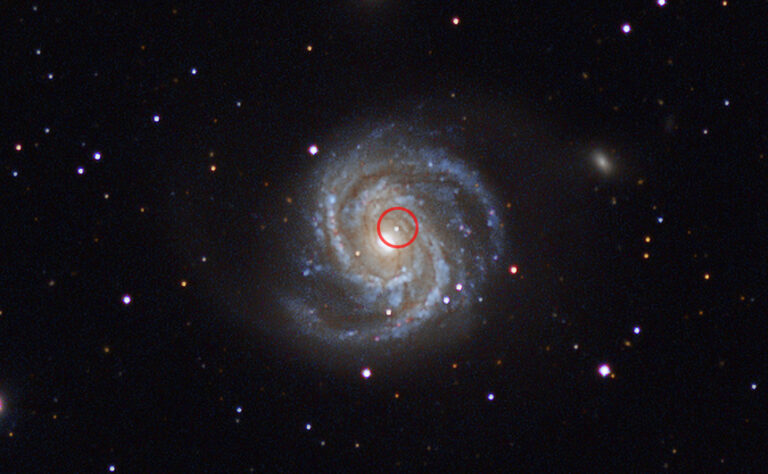
Imaging Foundations with Richard Wright
Long Focal Length Telescopes for Astrophotography
Long focal length scopes are usually discouraged for beginner deep sky astrophotography, but solar system imagers need that extra focal length reach.

Imaging Foundations with Richard Wright
Getting Started in Deep-Sky Astrophotography
Shopping for gear to get started in astrophotography? Here's some sage advice before you max out all your credit cards.

How to Photograph the Northern Lights
Follow these tips to help capture auroral displays.

Astrophotography: Tips & Techniques
Getting Started in Planetary Imaging
It's planet season! Here are some tips to help you start imaging the giant planets while they're in easy view.

Astrophotography: Tips & Techniques
Astrophotography: How Long Can You Go?
While many astrophotographers follow the "rule of 500" (or 300), some experimentation can help find the right exposure time for your setup.

Astrophotography: Tips & Techniques
Beating the Heat in Astrophotography
Keeping your camera cool is an essential element to obtaining good clean images in astrophotography.

Imaging Foundations with Richard Wright
Demystifying Flat-Frame Calibration
Many astrophotographers skip flat fields because they seem complicated. But the flats can greatly improve your images — here's how to do them.

Astrophotography: Tips & Techniques
Dark Frames and Bias Frames Demystified
The road to clean, easy-to-process data begins with proper image calibration, and the first step is to take dark and bias calibration frames.

Astrophotography: Tips & Techniques
Astrophotography On The Go: When Failure Is Not An Option
Anytime you travel beyond your own backyard to do astrophotography, the whole endeavor can be lost because of one missing link in the chain. Here's what to remember.

Astrophotography: Tips & Techniques
How Focal Ratio Affects Your Astro Images
Understand focal ratio to improve your astrophotography.

Imaging Foundations with Richard Wright
Tips for Imaging Galaxies from Your Backyard
You don't need a dark-sky location to shoot galaxies — you can capture them from your backyard with these tips.

Imaging Foundations with Richard Wright
In Astrophotography, Bigger Is Not Always Better!
Don't be intimidated by astrophotography equipment — modest equipment can do great things.

Imaging Foundations with Richard Wright
A Free Tool for Lucky Imaging
Check out this free astrophotography software package that'll make processing your lucky images — especially of the Sun and Moon — a snap.

Imaging Foundations with Richard Wright
Two Ways to Use Video for Astrophotography
Use high-speed cameras to capture spectacular live views of galaxies and high-res images of the Moon and planets.

Imaging Foundations with Richard Wright
Astro-Imaging: The Truth about Raw Data
What "comes off the camera" is remarkably different in astrophotography than most photographers expect coming from a digital camera experience.

Astrophotography: Tips & Techniques
Do Science With Your Astrophotography
Astrophotography can be its own reward, but there are ways to dig deeper. Here are some ways to do quantitative science with your images.

Astrophotography: Tips & Techniques
The Scientific Value of "Pretty Pictures"
Even processed images still contain data that's of scientific value.

Imaging Foundations with Richard Wright
Catch A Shooting Star (with Your Camera)
Catching a falling star is easier than you think . . . when you use a camera!
Astrophotography: Tips & Techniques
Astrophotography: Picking Your Pixels
The drive for smaller pixels comes from wanting more resolution. But in astrophotography, bigger pixels capture more light.

Astrophotography: Tips & Techniques
Backyard Projects for At-home Astrophotographers
Can’t get to your favorite dark sky site? Do not despair, a great many targets and techniques are still available to the backyard imager.
